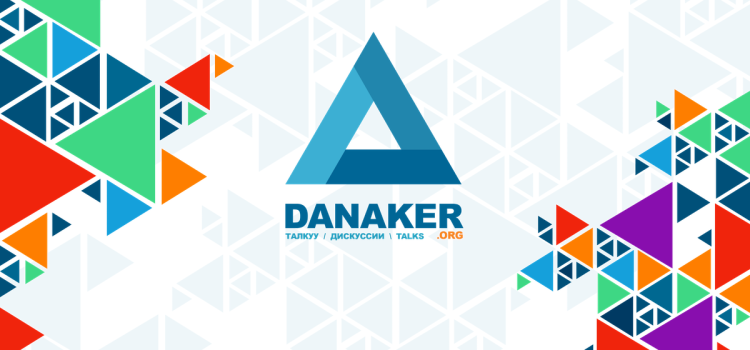In what was once a distant connection, journalists and members of the judiciary in Kyrgyzstan are strengthening ties under IDLO’s project funded by USAID aiming to build public trust.
The judiciary in Kyrgyzstan has often been reluctant to engage with the press, contributing to a significant level of mistrust on the part of the Kyrgyz public and the media.
Due to a lack of specialized training on engaging with the press, judges are not well-equipped to brief journalists in a way that maintains appropriate levels of confidentiality and simultaneously provides substantive information about the work of the courts. While some good investigative reporting has taken place, without greater access to more profound data and statistics, reporting can lack nuance and provide either surface-level or imbalanced information. As a result, there has been little transparency and objective knowledge about the judiciary’s performance, the challenges faced, or progress made, contributing to a lack of trust with the public.
In response to these needs, IDLO is implementing the USAID-funded Increasing Public Trust in the Judiciary (IPTJ) program to facilitate dialogue between the judiciary, the press, civil society and the public at large. The activities aim to encourage the judiciary to increase transparency, advance more accurate and substantive reporting, and improve engagement between all stakeholders involved.
New initiatives under the program are working to build on gains made during the USAID-IDLO Judicial Strengthening Program (JSP), which advanced online publication of judicial decisions and launched a court-TV series as part of its efforts to make the work of the judiciary more accessible. Most recently, the Kyrgyz judiciary has started publishing incidents of alleged out-of-process interferences in judicial activities online.
Building on this outreach, the IPTJ program launched a series of Expert Cafés to connect members of the press, the judiciary and civil society for panel discussions and exchanges, as well as a forum allowing increased access to information for journalists.
Since June 2018, journalists have obtained direct access to experts to get opinions on topics such as the results of the 2014-2018 National Target Program for the Development of the Judiciary – which, with the JSP’s support, resulted in a more than tenfold increase in the judiciary’s budget – various e-justice initiatives, and changes to the Kyrgyz Criminal and Criminal Procedure Codes.
Recently, journalists were given exposure to the new User-Satisfaction Index which measures court users’ satisfaction with the performance of the judiciary and identifies areas for improvement. Following the pilot survey of over 1,000 participants across 5 courts, the judiciary will be able to update its methodology and scale up the index to reach 25 courts, providing a comprehensive overview of public opinion.
“The assessment of the court-user satisfaction can reveal the problems that exist in the system, but are not visible, to eliminate them in the future,” affirmed Judge Galina Shin of the Sverdlov district court of Bishkek.
Judges have also cited benefits to the increased level of exchange with journalists. Since March 2018, the IPTJ has supported training for 44 judges on media outreach from Chui, Osh, Jalalabad, and Batken regions, who are expected to speak and interact more with the media and the public. In September 2018, 15 judges took part in a press tour comprising a corps of 24 journalists, which allowed them to apply their newfound skills and speak to innovations in e-justice.
“The most difficult thing is to explain everything in 30 seconds, keeping in mind that you should be brief, clear, and concise. But when you stand in front of a camera, it can be difficult to say what you want even though if you have public speaking experience,” remarked Judge Azamat Uzakbaev, Chairman of the Alamudun District Court, highlighting the value of the training.
“The press tour provided a great opportunity for me to practice my interview skills and to directly interact with journalists,” he continued. “The knowledge from the training was quite useful. I believe that state bodies must be open to media, within the limits of the law.”
Going forward, the program will continue to hold Expert Cafés to improve the capacity for journalists and the judiciary to engage, with the ultimate aim of building public trust.



